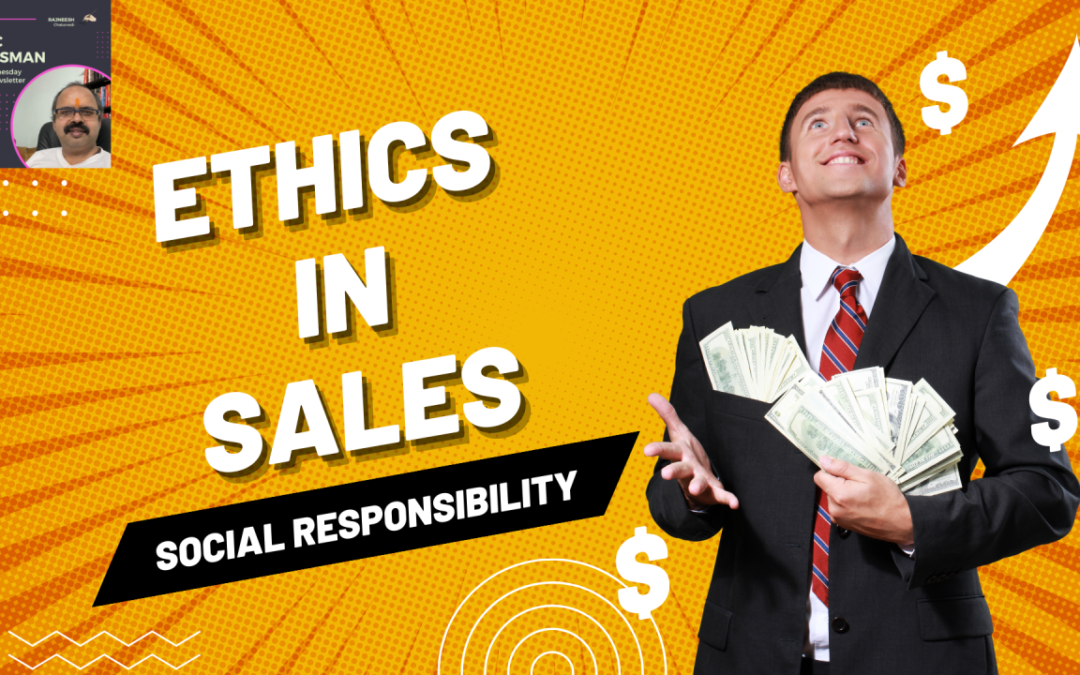Why this matters now: In the United States, promotions remain a top marketing tool. Brands use sweepstakes and giveaways to grow audience and engagement. That power comes with legal guardrails and trust risks.
This short guide shows how sweepstakes, contests, and other promotion formats differ. You’ll see why those differences shape what a person can do with a prize, including resale or transfer.
What to watch: Official rules must state entry methods, odds, sponsor contact, and AMOE details. Federal oversight by the FTC links to state filing rules that affect businesses running retail or high-value promotions.
We will connect these legal points to real marketing choices that protect reputation and keep entries fair. Read on for clear steps to act responsibly and keep audience trust intact.
Understanding What “Selling Sweepstakes Winnings” Really Means Today
Not every win can be flipped for cash — what you can do depends on prize type and written terms. Read the official rules first. Those rules usually say if a prize is transferable, substitutable, or redeemable for money. That label changes your options immediately.
Transfer can mean handing a product to a friend. Resale means listing an item for sale. Cash-out is only possible when the sponsor allows it in the terms.
- Check whether rules prevent assignment or require winner verification.
- Confirm VRV and any AMOE or “No Purchase Necessary” language that protects entry chance.
- Remember that contests and sweepstakes differ: skill-based contests often add judging terms that block transfers.
Even if law permits a transfer, consider fairness. Selling a prize can affect trust with sponsors and other entrants. If services or travel are involved, disclosure of blackout dates, fees, or verification timelines is essential before any sale or handoff.
Legal Foundations That Shape Ethical Choices in Sweepstakes and Contests
Knowing how chance, consideration, and prize interact keeps programs lawful. Those three elements decide whether a promotion is a sweepstakes, a contest, or an unlawful lottery.
Chance, consideration, and prize: avoiding lottery issues when promotions are designed
If a program combines chance, payment, and a prize it may be a lottery and illegal for private operators. Marketers remove one element to comply: sweepstakes pair chance with a prize, while contests rely on skill instead of chance.
Why official rules govern transferability, verified retail value, and winner eligibility
Official rules must state eligibility, AMOE, VRV, odds, and sponsor contact. Those rules also spell out whether a prize can be assigned or cashed out. Follow them before any transfer or listing.
State-by-state considerations and age limits
Some states impose filings and bonds. New York and Florida require registration when total awards exceed $5,000, with specific lead times and winners-list rules. Rhode Island has a lower retail threshold for store-based promotions.
Age limits matter. Most programs set eligibility at 18+, and COPPA blocks online collection from children under 13. These limits affect transferability and privacy duties under federal trade commission oversight.

The Ethics of Selling Your Sweepstakes Prizes: Best Practices Before You Act
Before you move ahead, pause to check what the official rules actually allow. A quick, careful review prevents surprises and keeps a promotion fair for everyone.
Start with the posted official rules. Look for transfer limits, any "no purchase necessary" wording, and AMOE details that explain equal free entry methods. Note how many entries are allowed and how odds are calculated.
Confirm details with the sponsor or company. Ask whether entries received were tallied as shown, what winner verification requires, and what timelines apply. Get written confirmation of any answers and keep the sponsor address and contact info for your records.
- Check the method entry rules and AMOE options so resale won't undercut fair access.
- Document entries received, verification steps, and any identity or address checks tied to the winner.
- Respect location limits and "void where prohibited" clauses; a buyer in a blocked state can void fulfillment.
- Record key information in writing and disclose VRV, taxes, fees, and blackout dates if you later transfer.
If unsure, pause and ask for written permission. A short delay can save legal headaches and preserve trust with entrants and the sponsor.

How to Sell or Transfer Responsibly Without Misleading Anyone
Before listing a giveaway item, confirm facts so buyers know exactly what they will receive. Do a quick review of the official rules and any sponsor correspondence before you post a listing.
Disclose value and conditions. State verified retail value, expiration dates, blackout periods, taxes, fees, transferability limits, and any special requirements. Match wording to the official rules so claims stay truthful and verifiable under federal trade commission guidance.
Keep clear records and use trusted channels
Use reputable marketplaces and keep a paper trail: entry form confirmation, emails, buyer email address, and mailing address. Note how the entry was submitted. Do not imply entries received via purchase had better odds than entries received via a free AMOE.
Protect privacy and follow advertising rules
Never resell personal information collected during entry. Follow truth-in-advertising rules enforced by the trade commission. If a company may block transfers in certain states, say so plainly.
| Item | What to disclose | Why it matters |
|---|---|---|
| Retail value | Verified retail value (VRV) | Supports truthful claims |
| Fulfillment | Transfer limits, blackout dates, fees | Prevents buyer disputes |
| Records | Entry form, emails, address | Proof of compliance |
Ethical Red Flags and Real-World Scenarios to Avoid
Watch for clear warning signs before you offer a won item for sale. A few risky choices can create legal exposure or destroy trust with buyers and sponsors.
Don’t sell when rules block transfer or audience limits make a buyer ineligible. If an entry was limited to certain states, ages, or residency, selling to an out-of-state buyer can void fulfillment and break state law.
- Avoid claims about odds: Odds depend on the number of entries received. Never say paid options beat a free AMOE; that misstates fairness.
- Be honest about entry methods: Misrepresenting entries received via a specific channel or inflating counts risks deception claims under federal rules.
- Disclose material limits: Note blackout dates, fees, verification steps, and any transfer bans so buyers know exactly what they get.
- Watch for region restrictions: Don’t resell where a promotion was void or where fulfillment cannot legally occur in that state.
Practical tip: Use trusted platforms, require verified payment, and keep full documentation. Avoid pressure tactics like "today only" claims that conflict with written rules or timelines.
Conclusion
A responsible end to any promotion ties actions back to official rules and fair play. Confirm transferability, verify retail value, and note method entry details before you proceed.
Document everything: keep the entry form, sponsor emails, address and email address changes, and any written permission. Disclose fees, blackout dates, and verification steps so a buyer or winner knows what to expect.
Respect state rules, including New York and Rhode Island filing thresholds, and follow federal trade truth-in-advertising standards. Doing so protects your business, strengthens trust with a target audience, and keeps contests and sweepstakes activity clean and sustainable in the United States.
